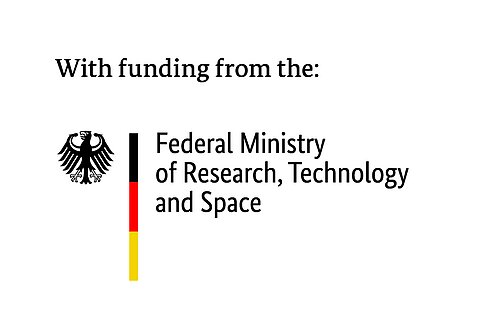SAFE4I Sicherer Automatischer Software-Entwurf für Industrieanlagen
Motivation
Industry 4.0 and the Internet of Things are driving industrial production forward. In this context, corresponding standards for functional safety (safety) such as IEC 61511 and IEC EN 61508 require not only the protection of the automation solution as a whole, but also the protection of components and subsystems. The general goal of the SAFE4I project is to accelerate the development of functionally safe software. All parts of the software needed to implement customer-specific automation solutions for industry 4.0 applications are considered. These include automation software, control software, embedded software and firmware. This goal is to be achieved by strictly separating the design of the required software functionality from the software protection measures. This separation of concerns will significantly reduce the implementation effort. Furthermore, it enables the software to be integrated semi-automatically to ensure functional safety by means of so-called join points. As a result, the SAFE4I project is developing a semi-automated, model-based development process in order to significantly reduce the cost and effort involved in functional safe software. The developed solution promises quality and cost leverage for the end users and component suppliers, as well as for the involved tool suppliers. These project partners will provide new product functions for a large number of current and future application areas, addressing a large number of core domains of the German industry. The high percentage of SMEs in the project and additional special measures for the dissemination of the SAFE4I results for SMEs, promote the rapid and widespread dissemination of the results in Germany. The interaction of SMEs, industry and research institutes with activities along the value chain guarantees a holistic approach.
In the SAFE4I project, OFFIS will work on the extension of a compiler which is able to include so-called contracts for the monitoring of the correct functioning and the correct time behaviour of software components. It should be possible to extend the regular implementation of functions with plausibility checks regarding behavior and execution time at clearly defined interfaces. The compiler framework to be explored should then be able to translate the constraints to be checked into different monitors within an automatic translation process. These monitors can then be run on either the same processor or a co-processor.
Scientific Director
Johann-P. Wolff and Christian Haubelt and Rolf Schmedes and Kim Grüttner; 2nd International Workshop on Embedded Software for Industrial IoT (ESIIT) at DATE'19; 003 / 2019
Rolf Schmedes and Philipp Ittershagen and Kim Grüttner; 2nd International Workshop on Embedded Software for Industrial IoT (ESIIT) at DATE'19; 003 / 2019
Rolf Schmedes and Kim Grüttner and Philipp Ittershagen; International Conference on Omni-layer Intelligent systems (COINS); 2019
Friederike Bruns and Philipp Ittershagen and Kim Grüttner; Forum on Specification and Design Languages (FDL); 2019
Friederike Bruns, Irune Yarza, Philipp Ittershagen and Kim Grüttner; ACM Transactions on Embedded Computing Systems; 11 / 2020
Frederik Haxel, Alexander Viehl, Michael Benkel, Bjoern Beyreuther, Klaus Birken, Rolf Schmedes, Kim Grüttner, Daniel Mueller-Gritschneder; MODELSWARD - 10th International Conference on Model-Driven Engineering and Software Development; 002 / 2022
www.infineon.com
www.bosch-sensortec.com
www.coseda-tech.com
www.fzi.de
www.hood-group.com
www.itemis.de
www.model-engineers.com
www.bosch.de
www.scopeset.de
www.tum.de
www.uni-paderborn.de
www.imd.uni-rostock.de
Duration
End: 29.09.2021
Website of project
Source of funding


